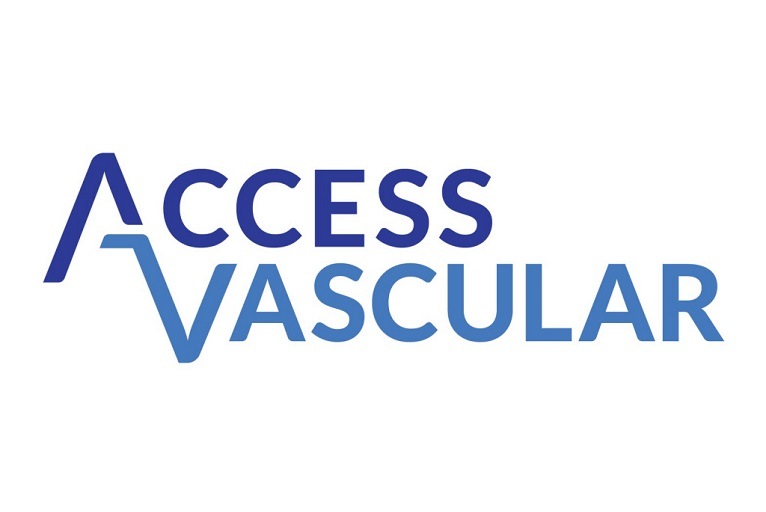Access Vascular Inc (AVI) today announced findings from a proactive device evaluation showing a significant reduction in complications with a midline catheter made with its Mimix hydrophilic biomaterial (HBM), compared with a conventional chlorhexidine (CHG)-coated catheter.
The evaluation, results of which were shared at the 2024 annual scientific meeting of the Association for Vascular Access (28–30 September, Denver, USA), compared AVI’s HydroMid device with a polyurethane catheter coated with CHG. The HydroMid catheter showed a much lower rate of complications (5%, compared with 25% for the CHG polyurethane catheter) and a 95% rate of completion of therapy, compared with less than 80% for the CHG polyurethane device. The higher success rates with the HydroMid came despite nearly 20% longer average dwell times (10.5 days, compared with 8.9 days for conventional CHG polyurethane).
“Driven by rising concerns about the high failure and complication rates of our previous midline catheters, we opted to evaluate the HydroMid,” said Stevie Gore, of Benefis Health System (Great Falls, USA), who led the assessment. “Since transitioning to the HydroMid catheter, our patients have experienced markedly fewer complications, and have successfully completed their therapy at a much higher rate.”
Other published studies have shown that AVI’s US Food and Drug Administration (FDA)-cleared devices, crafted from the Mimix biomaterial that emulates the natural chemistry of the human body, demonstrated a sixfold reduction in complications compared to standard catheters, while in vitro data showed a 99.99% reduction in bacterial adhesion.
“Making the decision to change clinical practice or products is not always easy. The rigorous collection of real-world data makes a significant difference in that decision-making process,” said James Biggins, founder and chief executive officer of Access Vascular. “We are grateful to the Benefis team for their commitment to this crucial data collection and are thrilled to see how AVI’s technology is making a real difference in outcomes for their patients.”

